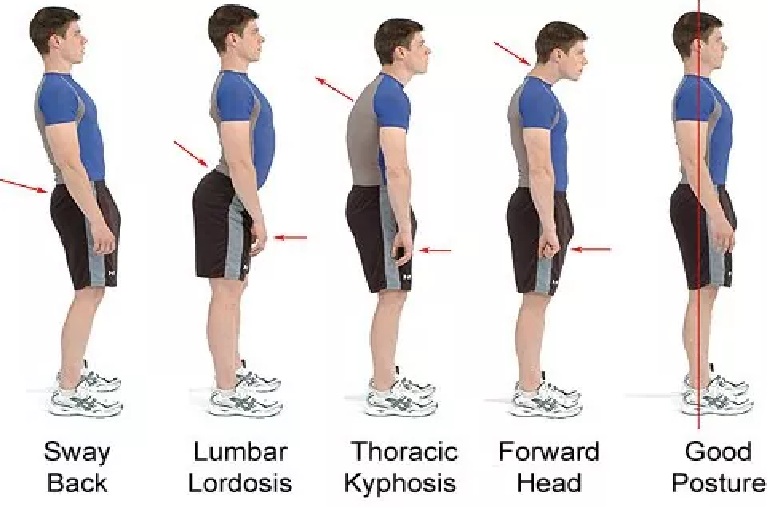Body Imbalance
Body imbalance, also known as balance disorders. It is a condition that causes a person to feel unsteady or dizzy. It can occur when the connection between the brain and central nervous system is affected, disrupting the flow of information between the eyes, ears, tissues, and brain.

Causes of Body imbalance
Inner ear issues
An infection or inflammation of the inner ear can cause dizziness and loss of balance.
Nerve damage
Damage to the nerves in the legs can make it difficult to walk.
Medications
Some medications can cause loss of balance as a side effect.
Aging
Balance problems can be a result of aging.
Neurological conditions
Conditions like cervical spondylosis and Parkinson’s disease can cause balance issues.
Symptoms of body imbalance
Balance issues can be temporary or long-term, depending on the cause. For example, an ear infection or a boat trip might clear up with treatment, but chronic conditions or aging might cause symptoms to continue.
Dizziness or vertigo
Feeling like you might fall
Staggering when walking
Lightheadedness
Blurred vision
Confusion or disorientation
Aging
Medications
Inner ear problems
Infections of the ear
Head injury
Poor blood circulation
Chemical imbalance in the brain
Low or high blood pressure
Neurological conditions
Arthritis
Treatments for body imbalance
To treat balance issues by managing underlying medical conditions and with Vestibular Rehabilitation therapy.
Vestibular rehabilitation therapy
Physical therapy
Positioning procedures
Diet and lifestyle changes
Medications
Surgical Management
Surgery for body imbalance can include procedures to treat the inner ear or correct spinal deformities.
Inner ear surgery
These procedures can be restorative or destructive, and are used to treat dizziness and balance issues.
Labyrinthectomy
This procedure removes the semicircular canals and vestibule of the temporal bone to treat vertigo. It’s very successful, but it results in hearing loss in the affected ear.
Labyrinthectomy
This procedure divides the balance nerves to the ear to treat dizziness while preserving hearing.
Labyrinthectomy
This procedure corrects spinal deformities that cause imbalance
Osteotomy
This procedure loosens the spine by removing bone.
Spinal fixation
This procedure uses metal screws and hooks to attach the spine to its new alignment.
Spinal fusion
This procedure uses bone graft material to help the spine fuse together and become more stable.
The recovery time depends on the type of surgery, the severity of your imbalance, and your job.
Other treatments for Body balance
Medications to treat dizziness and vomiting, Stereotactic radiosurgery for acoustic neuroma, Wearing pressure stockings, and Avoiding hot weather.
medlight2u.com
A light on Practice of Medicine (The information provided is for informational and educational purposes only and should not be considered professional advice)


Leave a Reply